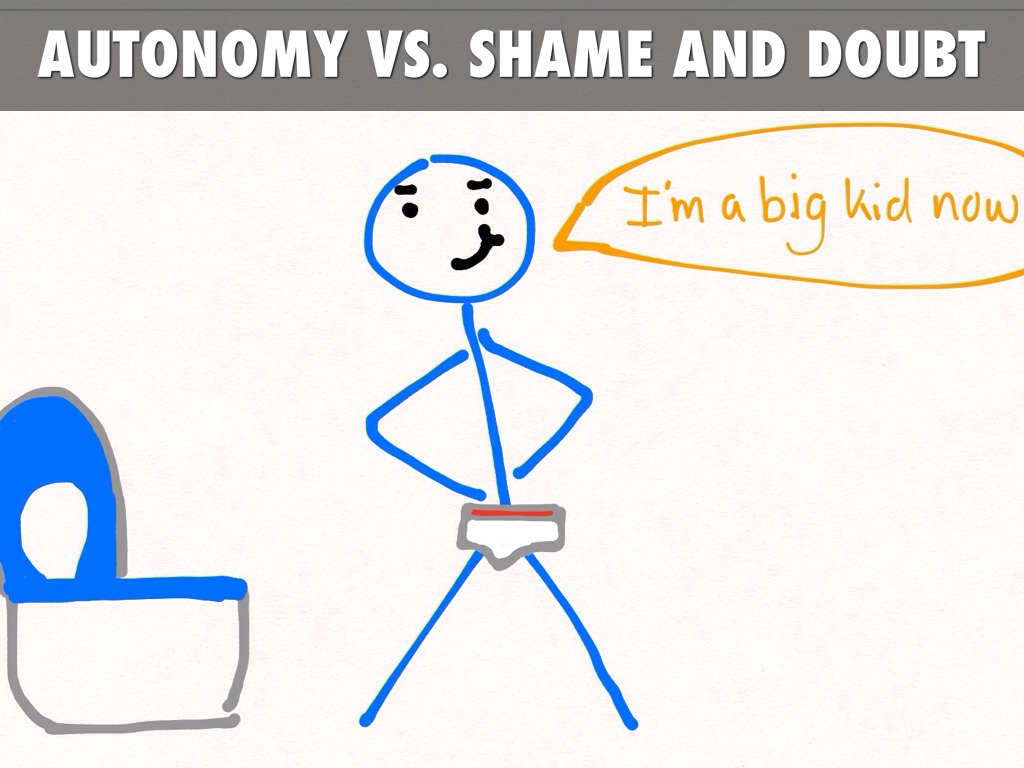Autonomy and doubt are two contrasting concepts that can have significant impacts on an individual's thoughts, actions, and decision-making. Autonomy refers to the ability to act independently and make decisions without external influence or control. Doubt, on the other hand, is a feeling of uncertainty or lack of confidence in oneself or one's beliefs.
On the one hand, autonomy can be a valuable asset as it allows individuals to think and act freely, without being hindered by external pressures or constraints. It can lead to increased self-confidence, self-esteem, and a sense of agency. It can also foster creativity, as individuals are able to explore different ideas and approaches without feeling constrained by the expectations of others.
However, too much autonomy can also have its drawbacks. Without the input and guidance of others, individuals may lack the perspective and knowledge needed to make informed decisions. This can lead to poor judgment and decision-making, and ultimately, to negative consequences.
On the other hand, doubt can also be a double-edged sword. While it is important to be open to questioning and examining one's beliefs and actions, excessive doubt can lead to indecisiveness and a lack of confidence in oneself. It can also hinder progress and prevent individuals from taking decisive action.
However, healthy doses of doubt can be a useful tool for critical thinking and decision-making. It can encourage individuals to consider different perspectives and to carefully weigh the pros and cons of their choices. It can also help to prevent overconfidence and complacency, and encourage individuals to continue learning and growing.
In conclusion, both autonomy and doubt can have their advantages and disadvantages. It is important to strike a balance between the two, as too much of either can lead to negative consequences. It is crucial to find a balance that allows individuals to think and act independently, while also being open to questioning and examining their beliefs and actions.







.jpg)

